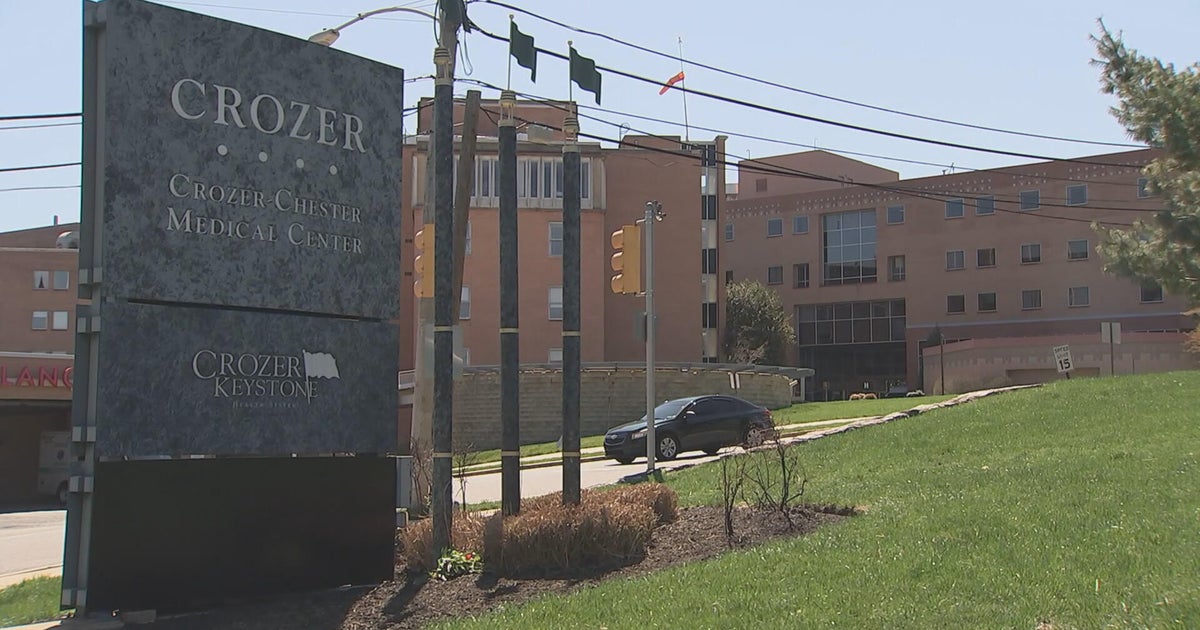Manufacturers hinder repairs of crucial COVID hospital equipment, critics warn
As the U.S. struggles to rein in a deadly pandemic, hospital biomedical repair technicians tasked with keeping ventilators and other life-saving medical equipment up and running face unnecessary and time-wasting hurdles, a consumer watchdog warns.
A survey released Wednesday by the U.S. Public Interest Research Group found almost half of 222 workers known as biomeds, or BMETs, reported being denied access to "critical repair information, parts or service keys" since March.
More than 90% said they'd been denied service information for critical equipment including defibrillators, ventilators, anesthesia machines and imaging machines, with 17% reporting it happening "most of the time" and 47% reporting it occurring "somewhat frequently."
Further, 30% reported having equipment in their facilities that could not be used due to restrictions on spare parts and service information, U.S. PIRG found.
The findings come as part of ongoing calls by U.S. PIRG and others on manufacturers to release repair information that some companies argue is proprietary and requires special training to ensure safety standards are met. The restrictions to fixing medical gear is akin to tactics employed by other manufacturers to control revenue-generating repair marketplaces, the advocacy group noted.
Manufacturers often won't supply parts to those who haven't completed costly training by the companies themselves, while hospitals have to wait days if not weeks for technicians under their maintenance contracts to fix equipment, a situation made worse amid travel disruptions.
"It can be very much a matter of life and death," Nader Hammoud, a biomedical engineer with the California Medical Instrumentation Association, told a webinar about manufacturers' restrictions on repair and maintenance. He went on to relay instances where "any delay in the response meant the patient would not survive."
U.S. PIRG's efforts follow an appeal to equipment manufacturers in April from state treasurers of Colorado, Delaware, Illinois, Pennsylvania and Rhode Island.
"In these unprecedented circumstances, every American has been asked to make a sacrifice by not leaving their homes, shuttering businesses, and limiting travel to essential needs only. We are asking manufacturers to take these circumstances into consideration and release all repair information needed for hospitals to put these life-saving ventilators into their supply," the treasurers wrote.
However, manufacturers argue their employees are better trained than those working for hospitals or third-party repair firms. Servicing done by medical device makers are held to safety and regulatory requirements of the Food and Drug Administration, unlike that done by hospital workers and others, argues the Medical Imaging & Technology Alliance, or MITA.
The MITA recently called out iFixit for posting proprietary service manuals for use by unregulated medical device service providers.
"Non-manufacturer third-party servicers do not have to register with the FDA and are not held to the same quality, safety and regulatory requirements as original equipment manufacturer (OEM) servicers," Patrick Hope, executive director of the industry trade group, told CBS MoneyWatch in an emailed statement.
"Not all 'right-to-repair' products are the same," added Hope. "If a repair goes awry with a mobile phone, at worst it may need to be replaced entirely. But the consequences of an improperly repaired medical device such as an MRI or CT machine can bring life-altering risks."
Still, the FDA in 2018 found no decline of the quality of repairs when done by an in-house hospital technician or trained independent biomeds, and some equipment makers including General Electric and Medtronic have made moves to ensure hospitals had more service information amid a still-raging pandemic.
GE posted a form to access ventilator service documents, stating: "To help navigate this crisis and ensure ventilators are maintained as quickly as possible to get these vital systems back into patient care, we will be providing access to the technical reference manual and PC service application for our Carescape R860 and Engstrom ventilators during the pandemic without the 4-day in-person training that GE Healthcare usually requires before providing such material."
Medtronic also posted service manuals for most of its ventilators, and included additional design information on older models that could help others build ventilators.





